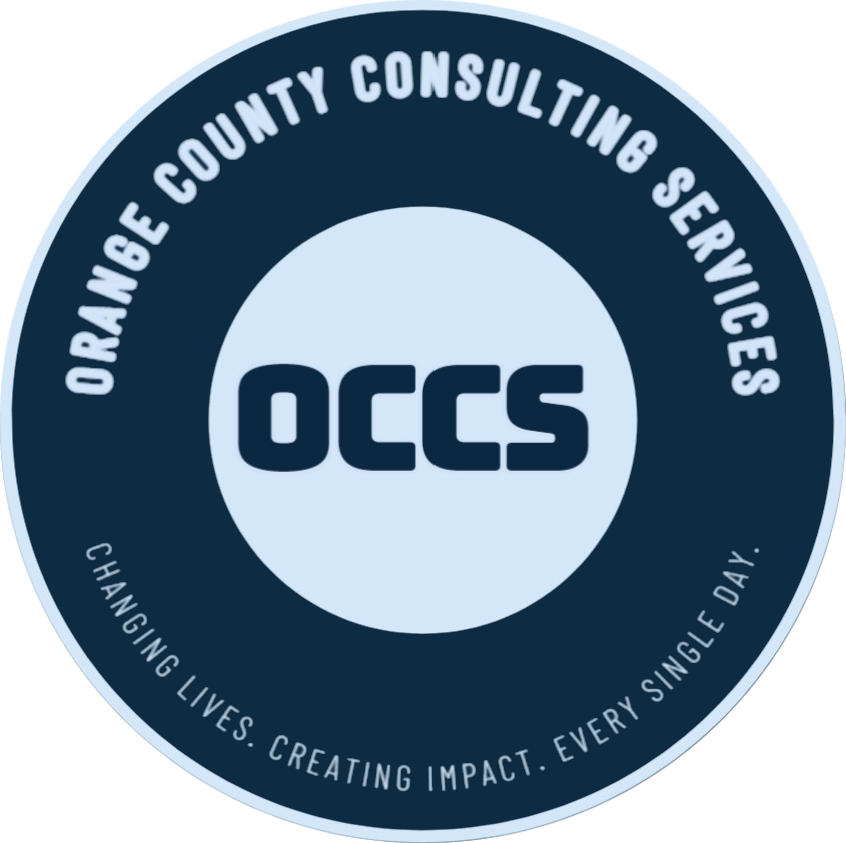A Strategic Approach to Supplier Audits
Auditing suppliers is one of many ways to assess supplier capability and compliance. Supplier audits take time, personnel resources, and budget. A supplier audit system can benefit an organization through the use of data and risk analyses. In addition, the supplier audit process itself can be defined in such a way as to ensure the personnel and budgetary resources are prioritized effectively and efficiently. Supplier audits can be onsite or remote – how does one decide which suppliers to audit, what to audit, how to audit?
Supplier audits are just a part of the supplier management system and there is much to be gained for using the data available as key inputs to planning for and prioritizing supplier audits. As an organization’s supplier list grows it is becoming more and more important to utilize quantitative data in the planning and performing of supplier audits.
This webinar will explore tools and techniques for a supplier audit system as well as planning to audit a specific supplier.
Webinar Objectives
The objective of this webinar is to provide an overview of key elements in a Supplier Audit program. A well-defined Supplier Audit program ensures the activities are both efficient and effective in the use of resources (personnel and budget) and produces information that is usable across the organization in supplier and risk management activities. From planning to execution, supplier audits can provide feedback not only to the supplier, but also to the organization itself as to requirements flow down and the overall customer-supplier relationship management.
Webinar Agenda
- Why audit suppliers
- Types of Supplier Audits
- Who should participate in Supplier Audits
- When to plan Supplier Audits
- Where to perform Supplier Audits
- How to conduct a Supplier Audits
Webinar Highlights
- Why Audit Suppliers
- Authority to Audit
- Risk Management
- Types of Supplier Audits
- Process Audit
- Product Audit
- Quality Management System Audit
- Selecting Suppliers to audit
- Risk-based approach
- Spend Analysis
- Supplier Classification
- Who should participate in Supplier Audits
- Audit team
- Subject Matter Expert contributions
- When to plan Supplier Audits
- Frequency of audits
- Activities in progress
- Exceptions – poor performance, new product/process
- Where to perform Supplier Audits
- Desk audit (no supplier participation)
- On-site
- Remote/virtual audit
- How to conduct Supplier Audits
- Preparation
- Performing the Audit
- Audit reporting and closure
Who Should Attend?
- Anyone engaging and interacting with suppliers: Supplier Quality Engineer, Supplier Quality Manager, Purchasing Agent/Buyer, Commodity Manager, Quality Engineer, Quality Manager, etc.
- Anyone tasked with planning and performing supplier audits: Supplier Quality, Supplier Development, Purchasing Agents.
